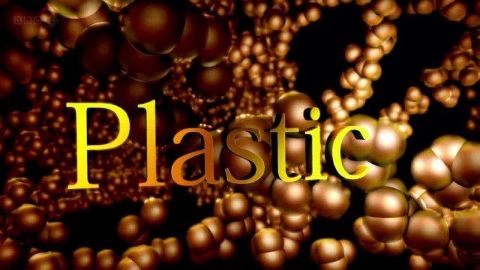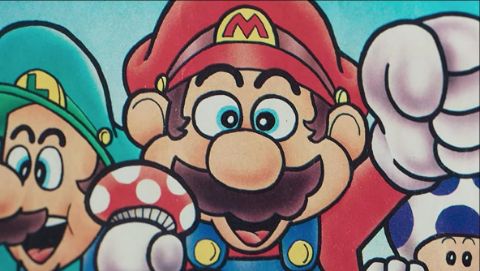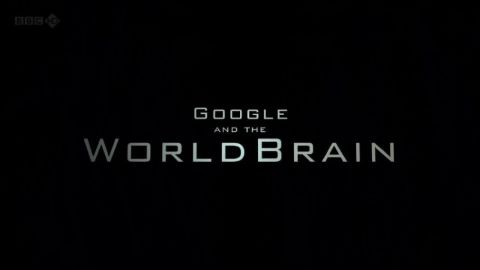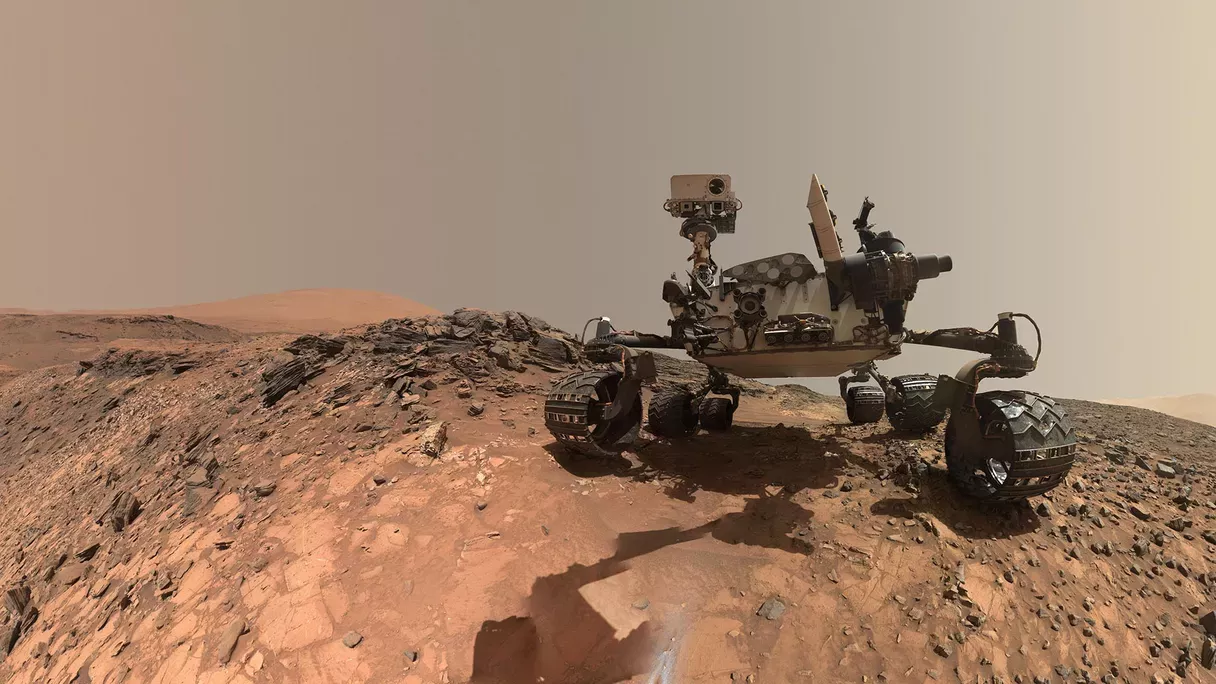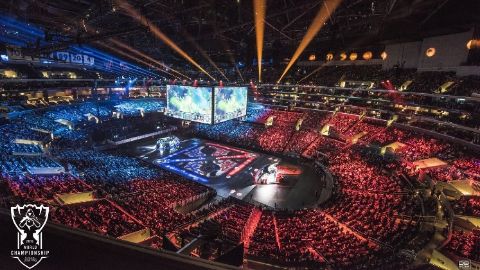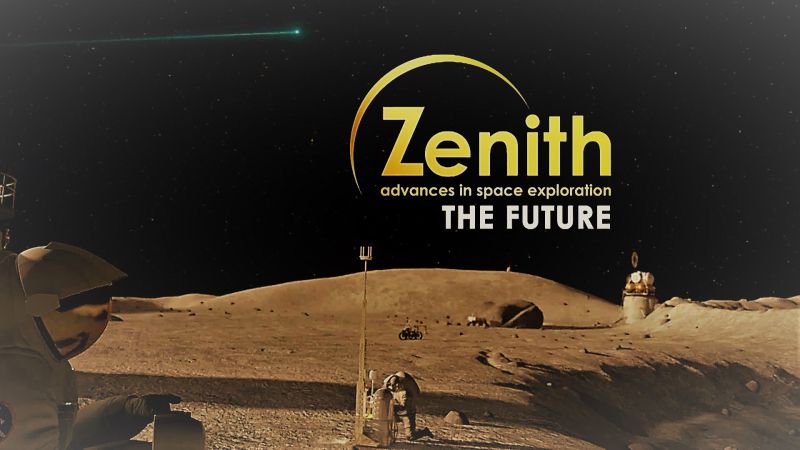How It Works • 2012 • 3 episodes •
From the Stone Age to the Silicon Age, materials have helped drive forward our civilisation. By manipulating materials we have been able to transform our world and our lives - and never more so than in the past century when we have discovered and designed more materials than at any other time in human history. (Part 1: Metal) Professor Mark Miodownik travels to Israel to trace the history of our love affair with gleaming, lustrous metal. He learns how we first extracted glinting copper from dull rock and used it to shape our world and reveals how our eternal quest for lighter, stronger metals led us to forge hard, sharp steel from malleable iron and to create complex alloys in order to conquer the skies. He investigates metals at the atomic level to reveal mysterious properties such as why they get stronger when they are hit, and he discovers how metal crystals can be grown to survive inside one of our most extreme environments - the jet engine.
2012 • Technology
From the Stone Age to the Silicon Age, materials have helped drive forward our civilisation. By manipulating materials we have been able to transform our world and our lives - and never more so than in the past century when we have discovered and designed more materials than at any other time in human history. (Part 2: Plastic) Professor Mark Miodownik tells the story of plastics - created in the lab, they have brought luxury to the masses and shaped the modern age. He recounts tales of the mavericks responsible for some of plastic's most outrageous failures and heady successes, from the explosive attempts to make a replacement for ivory billiard balls to the ultimately ubiquitous Bakelite. Investigating at atomic level, Mark discovers the properties that have allowed plastics to dominate our world and reveals how the next generation of plastics will take its inspiration from nature, creating man-made materials which behave as though they are alive and which could help rebuild the human body.
2012 • Technology
From the Stone Age to the Silicon Age, materials have helped drive forward our civilisation. By manipulating materials we have been able to transform our world and our lives - and never more so than in the past century when we have discovered and designed more materials than at any other time in human history. (Part 3: Ceramic) Professor Mark Miodownik traces the story of ceramics. He looks at how we started with simple clay, sand and rock and changed them into pottery, glass and concrete - materials that would allow us to build cities, transform the way we view our world and communicate at the speed of light. Deep within their inner structure Mark discovers some of ceramics' most intriguing secrets. He reveals why glass can be utterly transparent, why concrete continues to harden for hundreds of years and how cooling ceramics could transform the way we power cities of the future.
2012 • Technology

